This is modified reblog of a post of mine from another blog I participate in, Nomad Scholarship, which is a collaboration between two theory reading groups, one at the University of Washington and one at Ohio State. We are trying to engage each other virtually, in writing, around a coordinated set of readings. It is a new experiment for us–check it out!
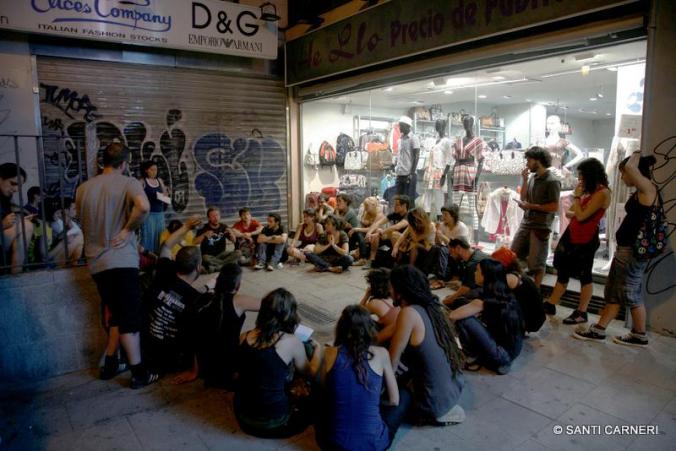
OK, I am able to breathe a little easier after reading the Holland piece (an unpublished paper on OWS). The Harvey chapters (5&7 from Rebel Cities) had me wanting to give up on the left.
The Harvey chapter on Occupy Wall Street is 99% ressentiment. He rails against the powers that be. They are evil, and we must resist. He gives no attention to what we are, what we are capable of, what kind of potentials the 99% has. In the chapter it seems we can only be good by negation, because we are not the 1%, and the 1% is evil. This is precisely the kind of thinking Nietzsche decries in Beyond Good and Evil because, he says, it blinds us to our own powers.
Harvey characterizes people in Occupy as gathering together to talk about…the powers that be, about what the 1% is doing and how we can oppose them (p. 161). He says those that gathered wanted their opinions heard and their needs attended to (p. 162). He entirely misses the unique power of the movement: in Egypt, in Spain, in Greece, and also in NYC. The key was that people gathered not only to speak to, make demands on, and oppose the 1% (many did, to be sure), they also gathered to encounter each other. Holland does well to emphasize the ways participants made real an alternative democratic society, though food provision, libraries, and general assemblies. So many participants did not come to make demands on the liberal-democratic state, because they knew, as Holland puts it, that the system was hopelessly corrupt (or, as the Spanish put it, que se vayan todos, (echoing the Argentinians ten years before)). So many came instead to ask each other what alternative they wanted to begin building together. The Greeks said this loud and clear in the First Declaration of the assembly in Syntagma:
For a long time decisions have been made for us, without consulting us. We…have come to Syntagma Square… because we know that the solutions to our problems can only be provided by us. We call all residents of Athens…and all of society to fill the public squares and to take their lives into their own hands. In these public squares we will shape our claims and our demands together.
I guess we can’t give Holland too much credit for stressing this. It was crystal clear and hard to miss. How Harvey fails to see it is a mystery. Ostrich-like.
But the thing I like most about the Holland is what I think D&G are particularly vital for now, what H&N pick up to a degree and what Virno’s idea of exodus gets at very well: that we absolutely must turn toward ourselves now. We must wean ourselves from our obsession with the apparatuses of capture and their endless power to contain us. We must leave off rubbing ourselves raw against the bars of our cage. We must begin paying far more attention to what we can do, to the kinds of worlds we can make on our own, that we are already making on our own. We must withdraw from capitalism, from the state, in a thoughtful and critical manner (lodge yourself on the strata, learn them, and then experiment with escapes), and we must, at the same time, begin-and-continue building the other worlds we want instead. These other worlds must spread by contagion, as in Holland, or as I like to say, with Spinoza and Calvino, they must grow and spread according to their own internal drives. Withdraw-and-create; exodus-and-invention. Importantly, and true to D&G, I think, Holland hopes for a tipping point beyond which capital and the state begin to wither away because they are no longer necessary. I share this hope, and I am currently trying to argue that this vision is something D&G offer that Ranciere doesn’t, despite the many strengths of the latter.
Speaking of spreading, though, I would push back on Holland on at least one point that I think is not insignificant. He implies in several places that OWS was somehow a starting point from which similar movements spread. That is true within the States perhaps, but I think it is important to remember that OWS was a very late comer in a wave of such democratic desire that washed across the world. Tunisia, Egypt, and other Arab countries; Greece and Spain; Israel; Chile; all were at a full boil while NYC looked on. The Spanish (May) had been loudly pleading with the US for months to join their revolution when OWS finally got off the ground (September). I remember thinking, that September, that finally something had begun in the US (though I wrongly expected it not to amount to anything). It is very important not to narrate the Greeks, Spanish, Egyptians, Tunisians, etc. into the background. They were the first, the loudest, the most creative, and the best. They faced the more dire political and economic situations. They deserve pride of place in the narrative about the democratic uprisings of 2010 and ff. OWS should be celebrated energetically, but it should also, to an extent, always stand humbly in the shadow of the other extraordinary movements that came first. Sometimes America is last and least.

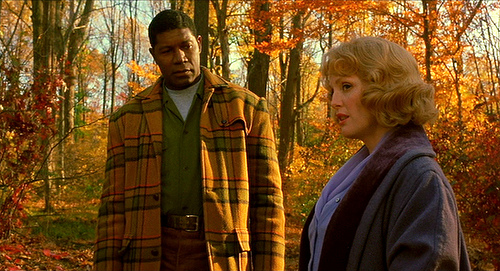
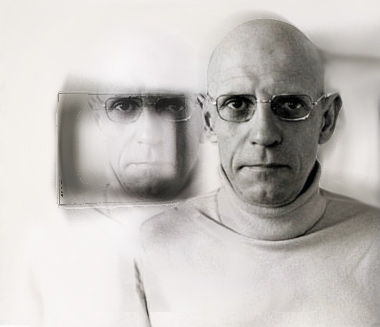
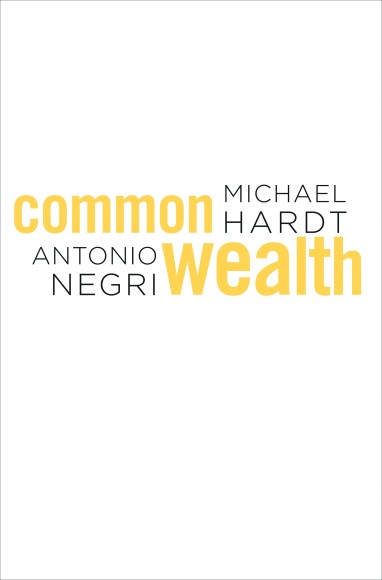
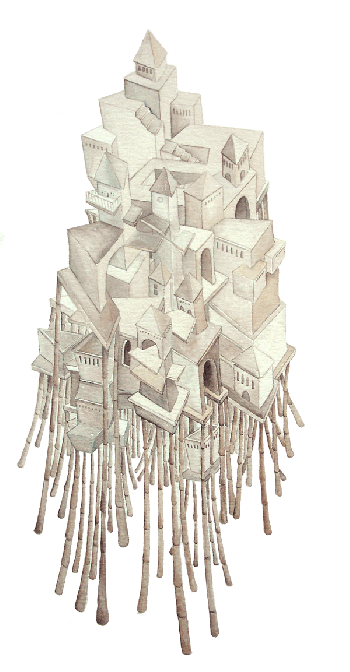


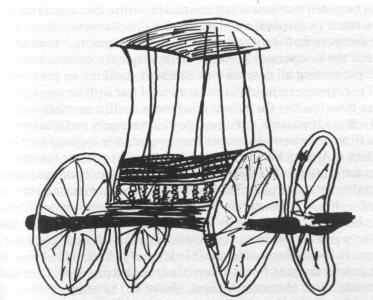
 In Commonwealth, Hardt & Negri set out a difference between 1) revolution/insurrection as the moment of emancipation by which the older order is upended and 2) transition/transformation through which the multitude is liberated. In insurrection the multitude rises and becomes active, but in transition they must sustain that activity and transform their capacity for democracy into an ability to rule themselves. This latter effort, H&N say, requires the process of creating institutions. The multitude must create those institutions in such a way as to avoid “the danger of ineffectiveness and disorder” on the one hand, and “that of hierarchy and authority on the other.” They are not specific on how to do this, but they tell us to focus on “the capacities that people already exercise,” which is to say the “horizontal networks of communication and cooperation” that already, they argue, “tend toward the autonomous production of the common.” Of course that autonomy is currently prevented by capitalist social relations, but as those are removed, the project would be to help flourish this autonomous production that already exists and has its own power. Transition, then, or what they call the “becoming-Prince of the multitude,” involves some ongoing mixture of insurrection and institutional struggle. They only sketch the tracery of a pattern of this becoming-Prince, but again the question is raised: how can we both create new democratic institutions for a society to come and still refuse to accept relations of hierarchy, oligarchy, and heteronomy as inimical to democracy?
In Commonwealth, Hardt & Negri set out a difference between 1) revolution/insurrection as the moment of emancipation by which the older order is upended and 2) transition/transformation through which the multitude is liberated. In insurrection the multitude rises and becomes active, but in transition they must sustain that activity and transform their capacity for democracy into an ability to rule themselves. This latter effort, H&N say, requires the process of creating institutions. The multitude must create those institutions in such a way as to avoid “the danger of ineffectiveness and disorder” on the one hand, and “that of hierarchy and authority on the other.” They are not specific on how to do this, but they tell us to focus on “the capacities that people already exercise,” which is to say the “horizontal networks of communication and cooperation” that already, they argue, “tend toward the autonomous production of the common.” Of course that autonomy is currently prevented by capitalist social relations, but as those are removed, the project would be to help flourish this autonomous production that already exists and has its own power. Transition, then, or what they call the “becoming-Prince of the multitude,” involves some ongoing mixture of insurrection and institutional struggle. They only sketch the tracery of a pattern of this becoming-Prince, but again the question is raised: how can we both create new democratic institutions for a society to come and still refuse to accept relations of hierarchy, oligarchy, and heteronomy as inimical to democracy?